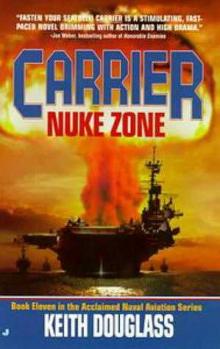 Nuke Zone c-11
Nuke Zone c-11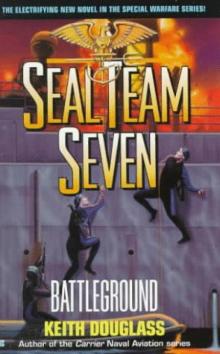 Seal Team Seven 6 - Battleground
Seal Team Seven 6 - Battleground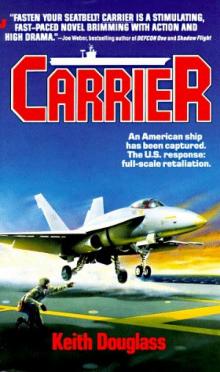 Carrier c-1
Carrier c-1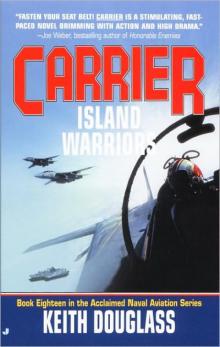 Island Warriors c-18
Island Warriors c-18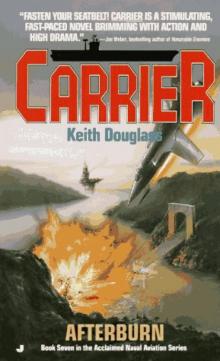 Afterburn c-7
Afterburn c-7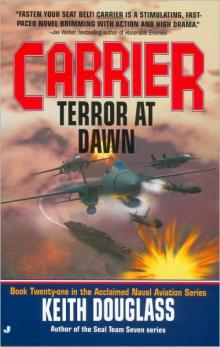 Terror At Dawn c-21
Terror At Dawn c-21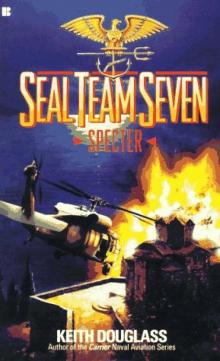 Specter sts-2
Specter sts-2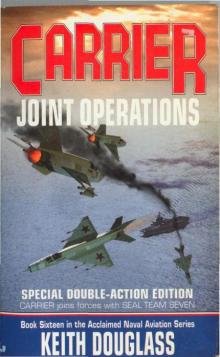 Joint Operations c-16
Joint Operations c-16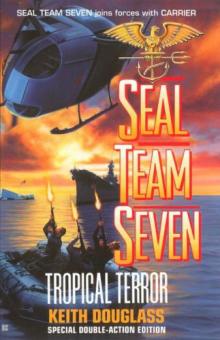 Tropical Terror sts-12
Tropical Terror sts-12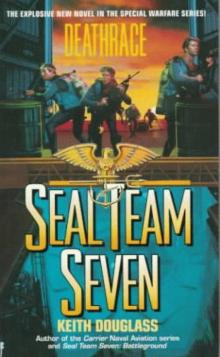 Seal Team Seven 7 - Deathrace
Seal Team Seven 7 - Deathrace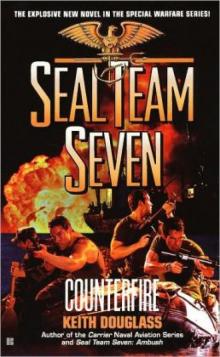 Counterfire sts-16
Counterfire sts-16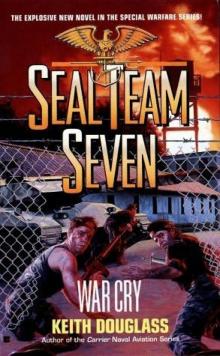 War Cry sts-9
War Cry sts-9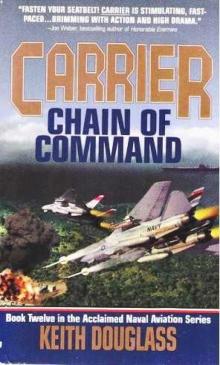 Chain of Command c-12
Chain of Command c-12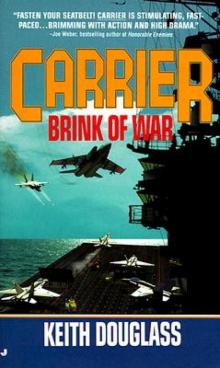 Brink of War c-13
Brink of War c-13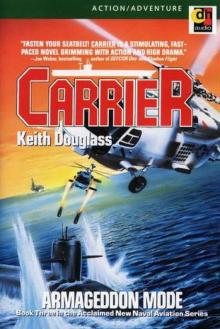 Armageddon Mode c-3
Armageddon Mode c-3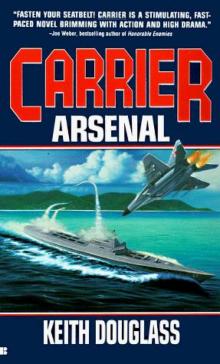 Arsenal c-10
Arsenal c-10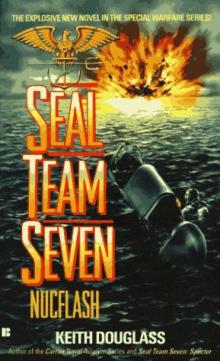 Nucflash sts-3
Nucflash sts-3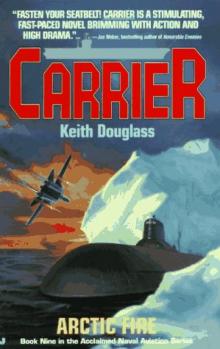 Arctic Fire c-9
Arctic Fire c-9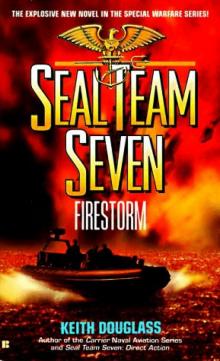 Firestorm sts-5
Firestorm sts-5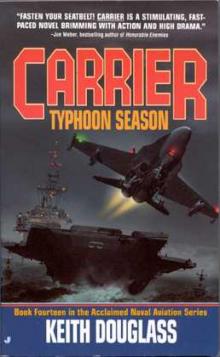 Typhoon Season c-14
Typhoon Season c-14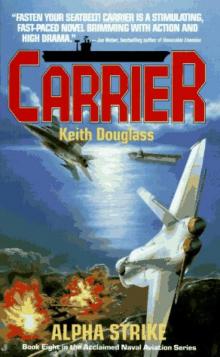 Alpha Strike c-8
Alpha Strike c-8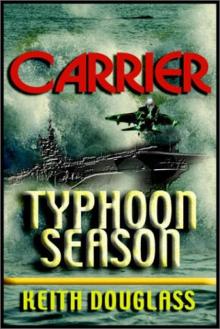 Carrier 14 - TYPHOON SEASON
Carrier 14 - TYPHOON SEASON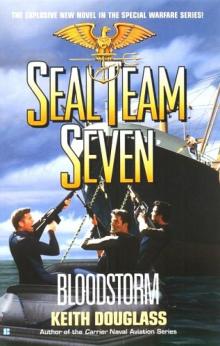 Bloodstorm sts-13
Bloodstorm sts-13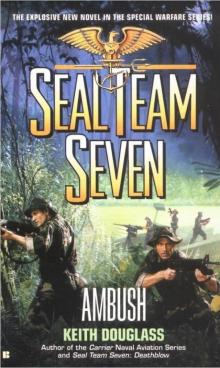 Ambush sts-15
Ambush sts-15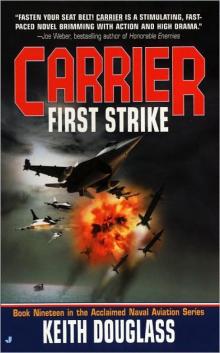 First Strike c-19
First Strike c-19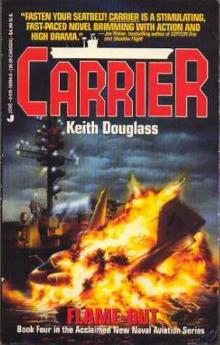 Flame Out c-4
Flame Out c-4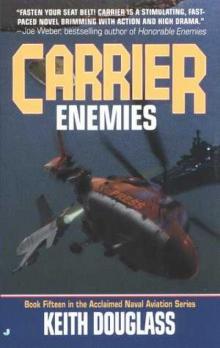 Enemies c-15
Enemies c-15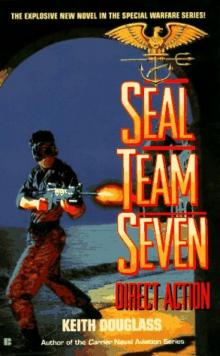 Seal Team Seven 04 - Direct Action
Seal Team Seven 04 - Direct Action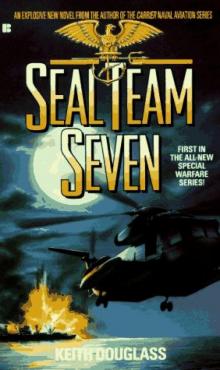 Seal Team Seven 01 - Seal Team Seven
Seal Team Seven 01 - Seal Team Seven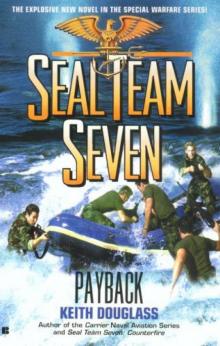 Payback sts-17
Payback sts-17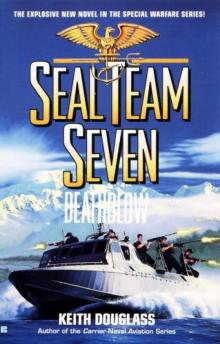 Death Blow sts-14
Death Blow sts-14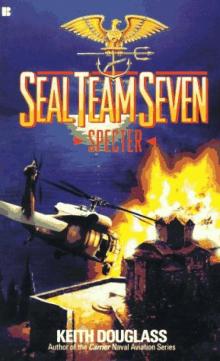 Seal Team Seven 02 - Spector
Seal Team Seven 02 - Spector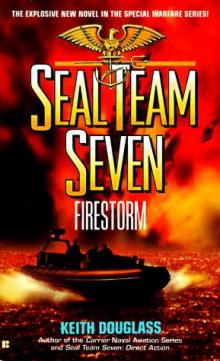 Seal Team Seven 5 - Firestorm
Seal Team Seven 5 - Firestorm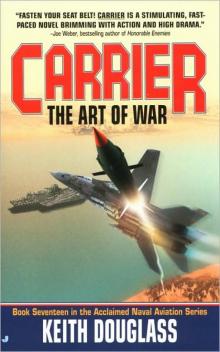 The Art of War c-17
The Art of War c-17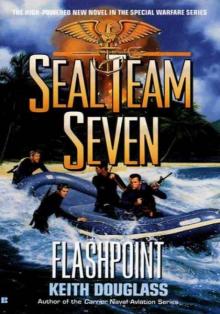 Flashpoint sts-11
Flashpoint sts-11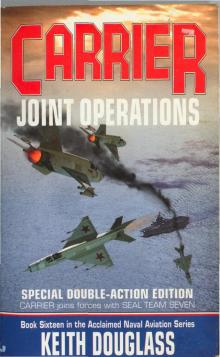 Carrier - Joint Operation Book 16
Carrier - Joint Operation Book 16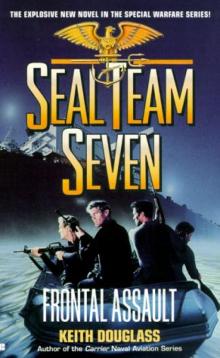 Frontal Assault sts-10
Frontal Assault sts-10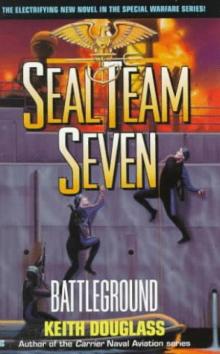 Battleground sts-6
Battleground sts-6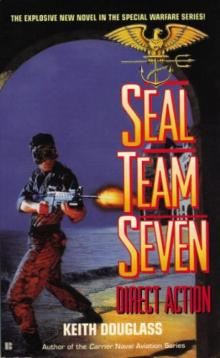 Direct Action sts-4
Direct Action sts-4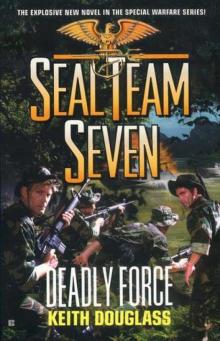 Deadly Force sts-18
Deadly Force sts-18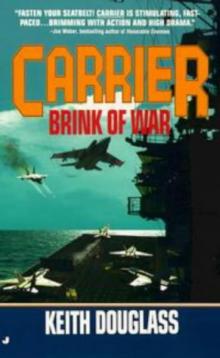 Carrier 13 - Brink of War
Carrier 13 - Brink of War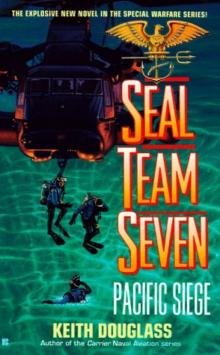 Pacific Siege sts-8
Pacific Siege sts-8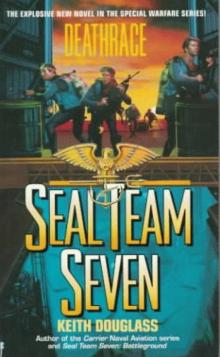 Deathrace sts-7
Deathrace sts-7